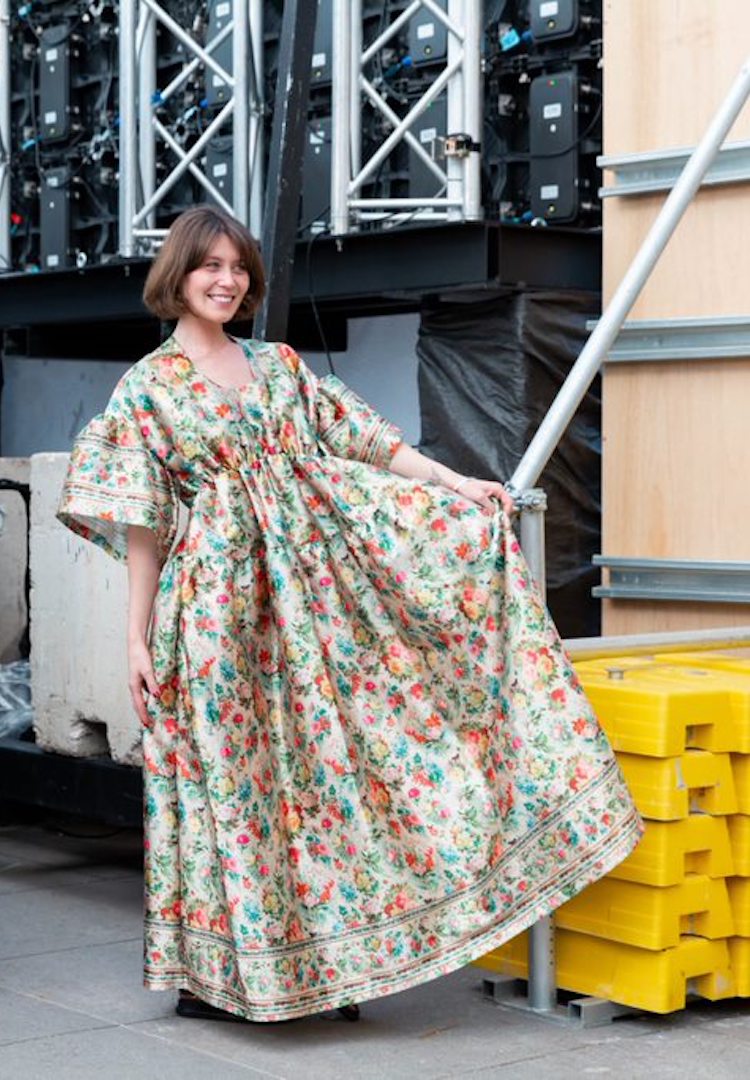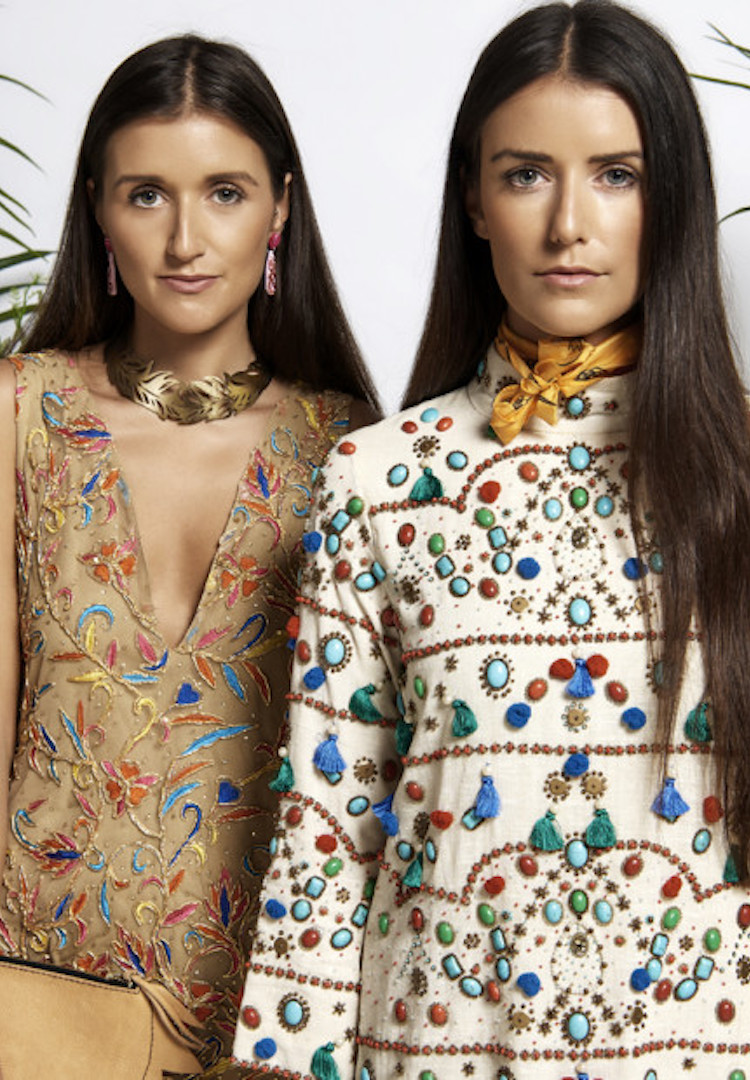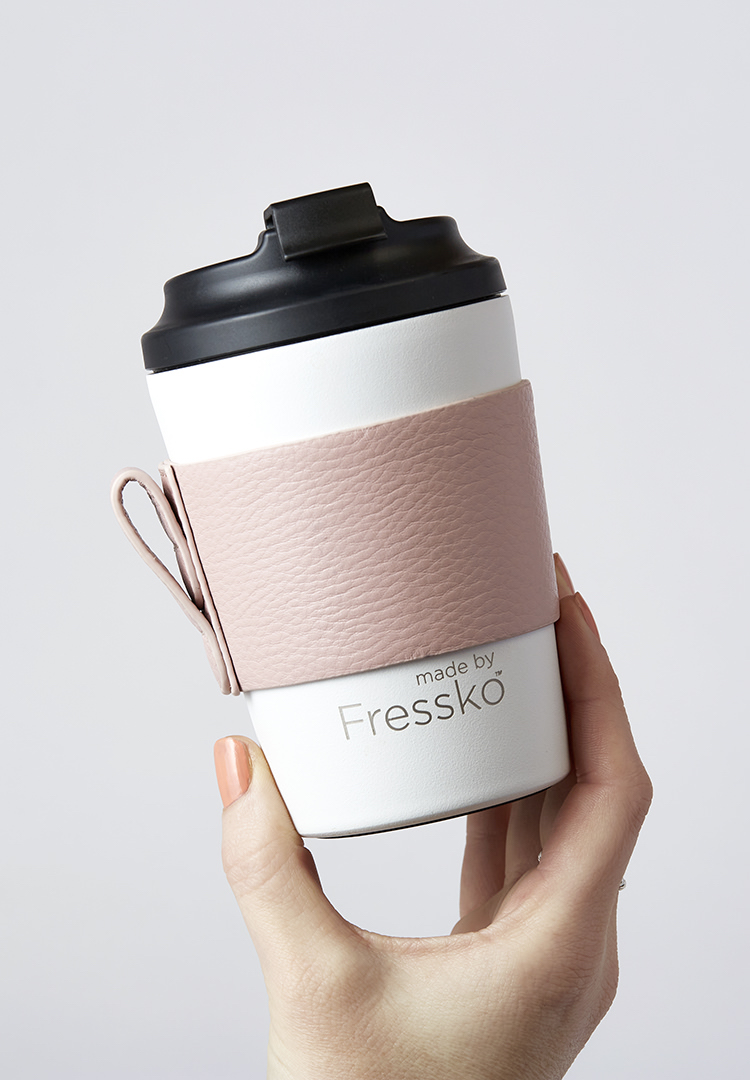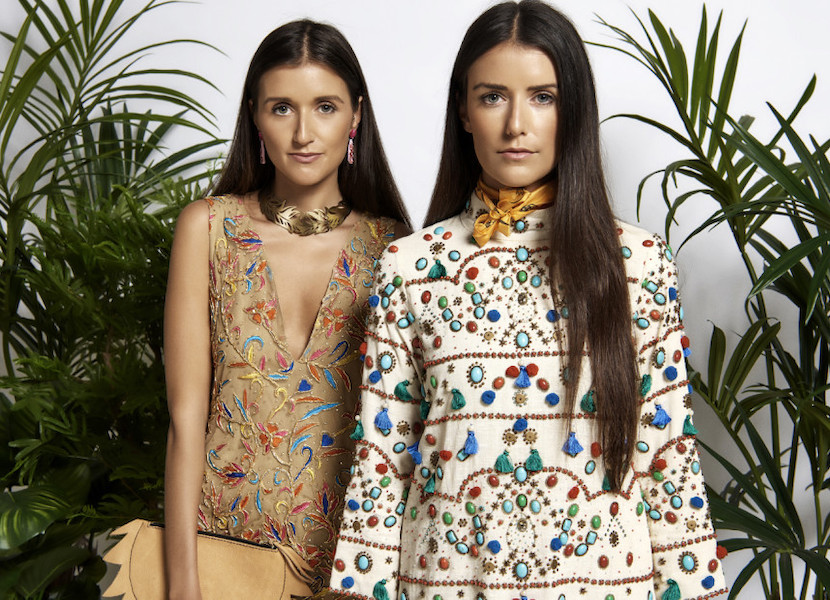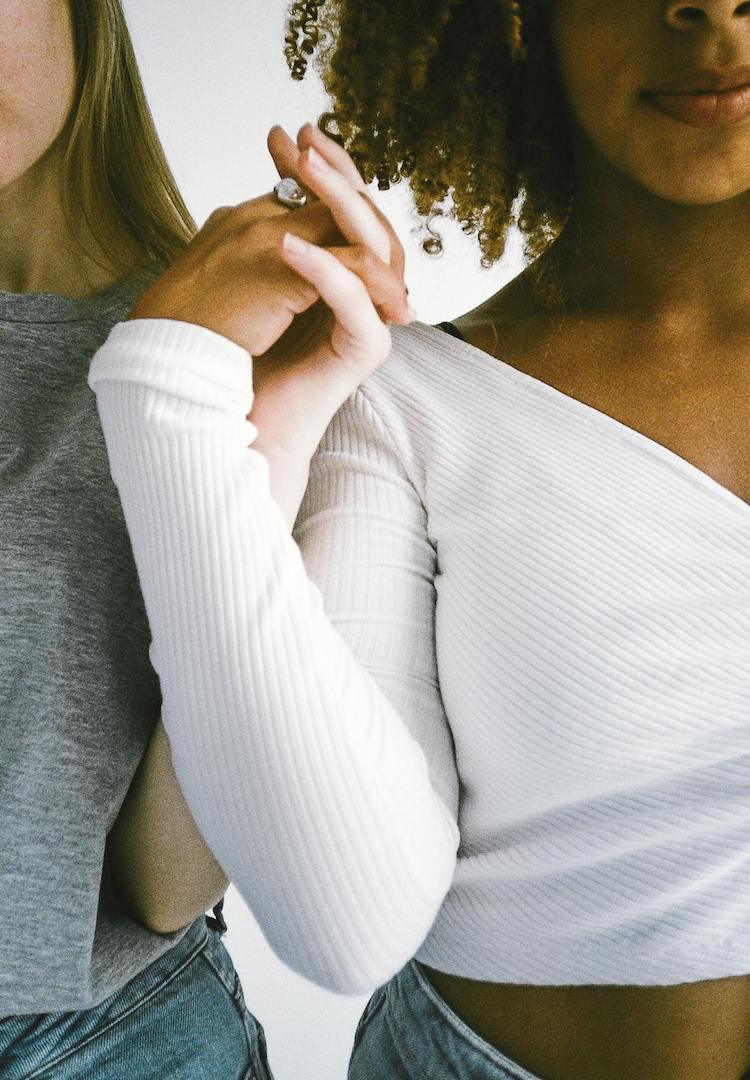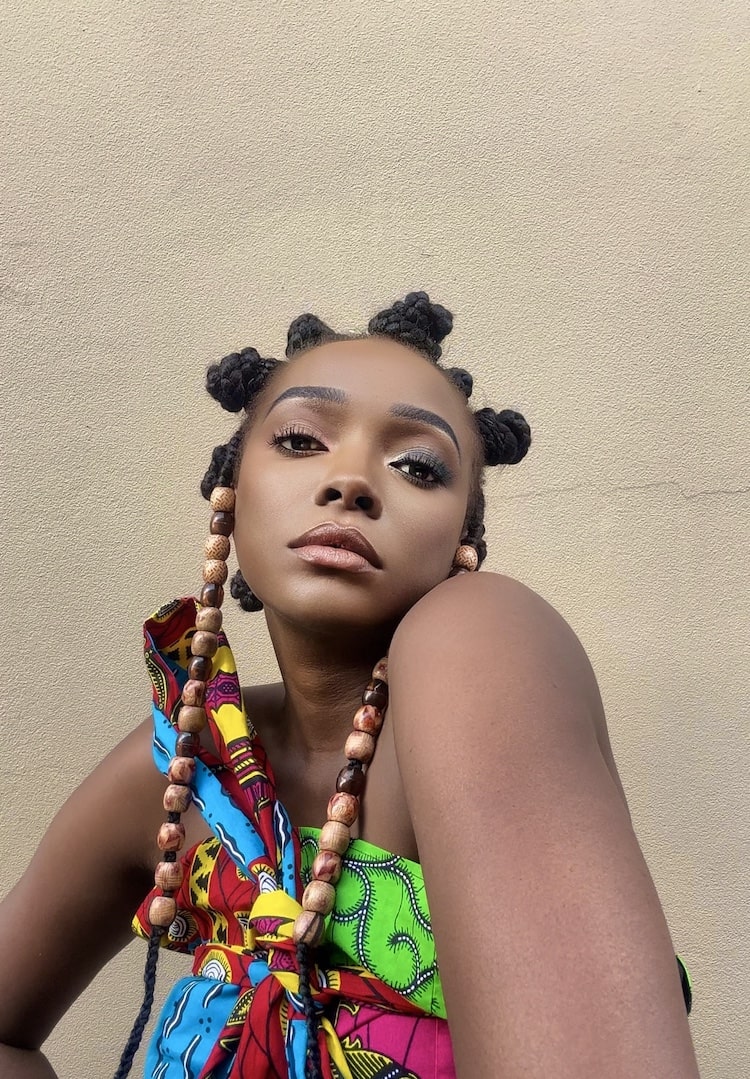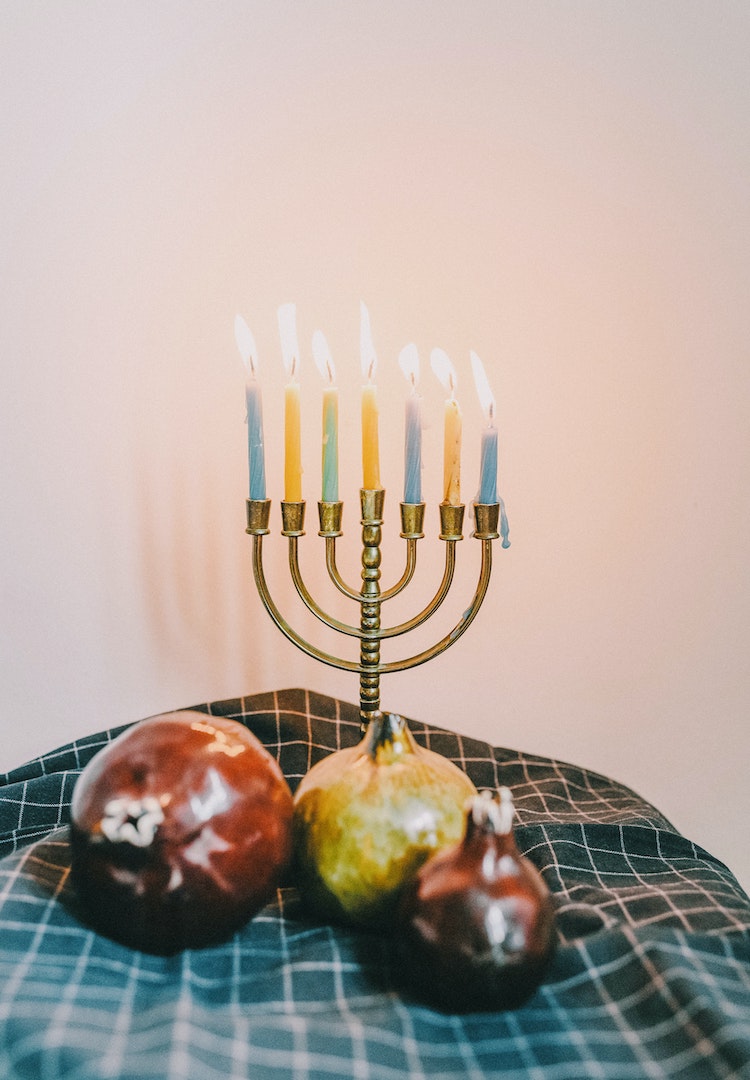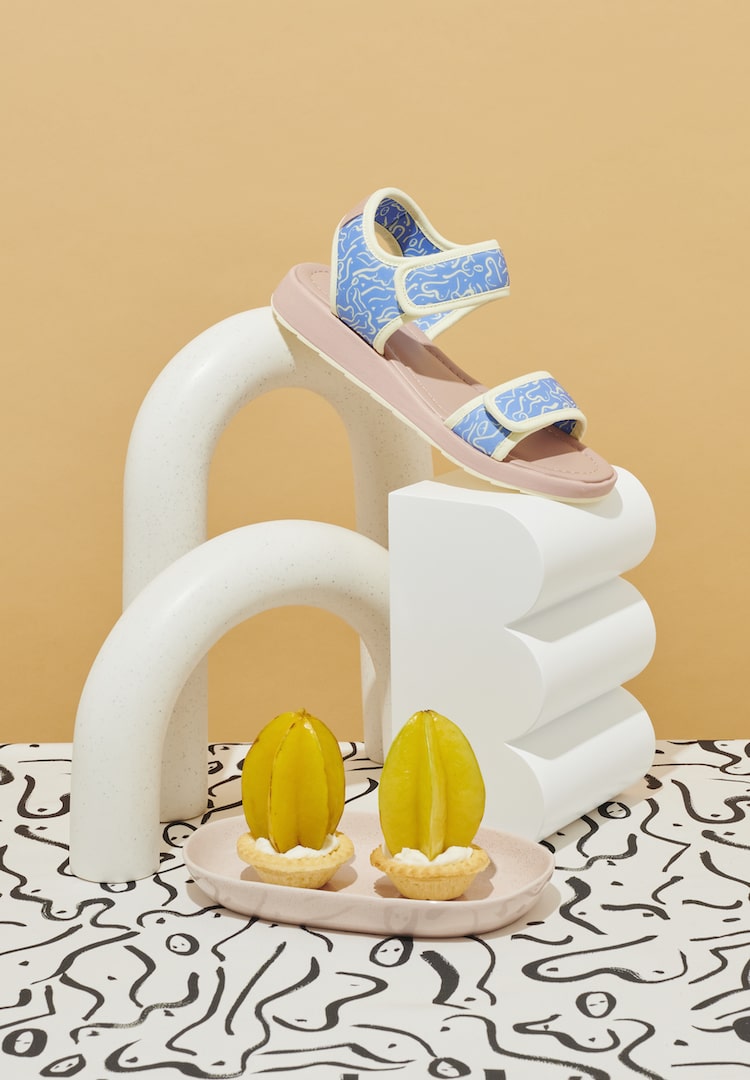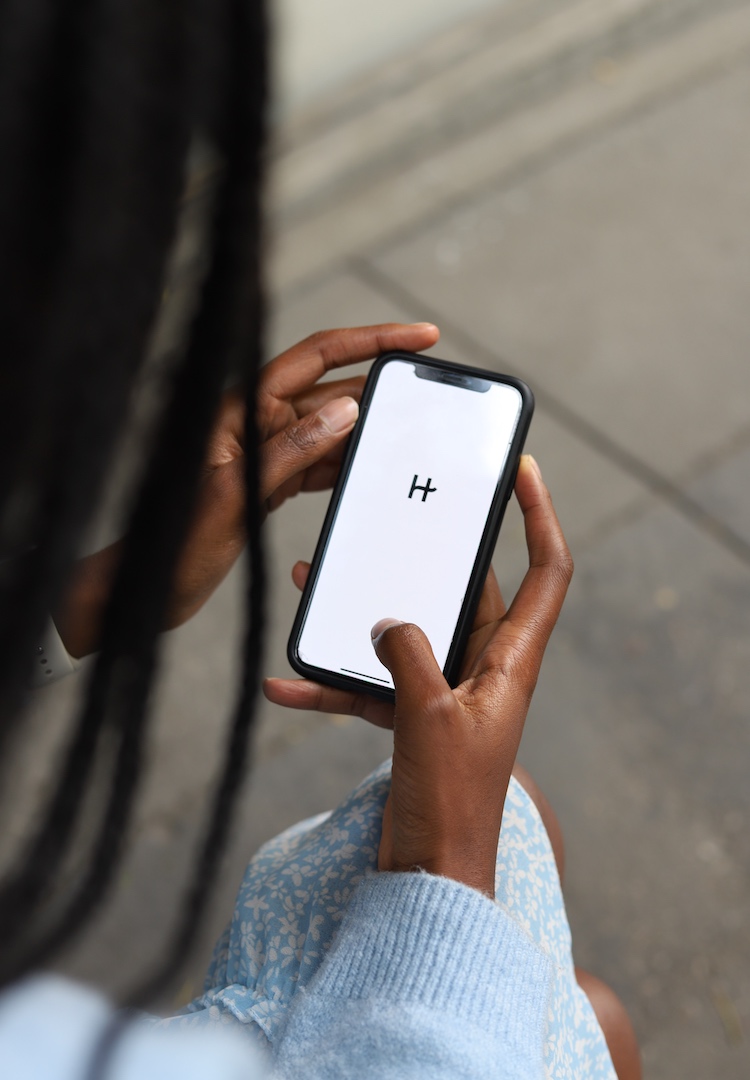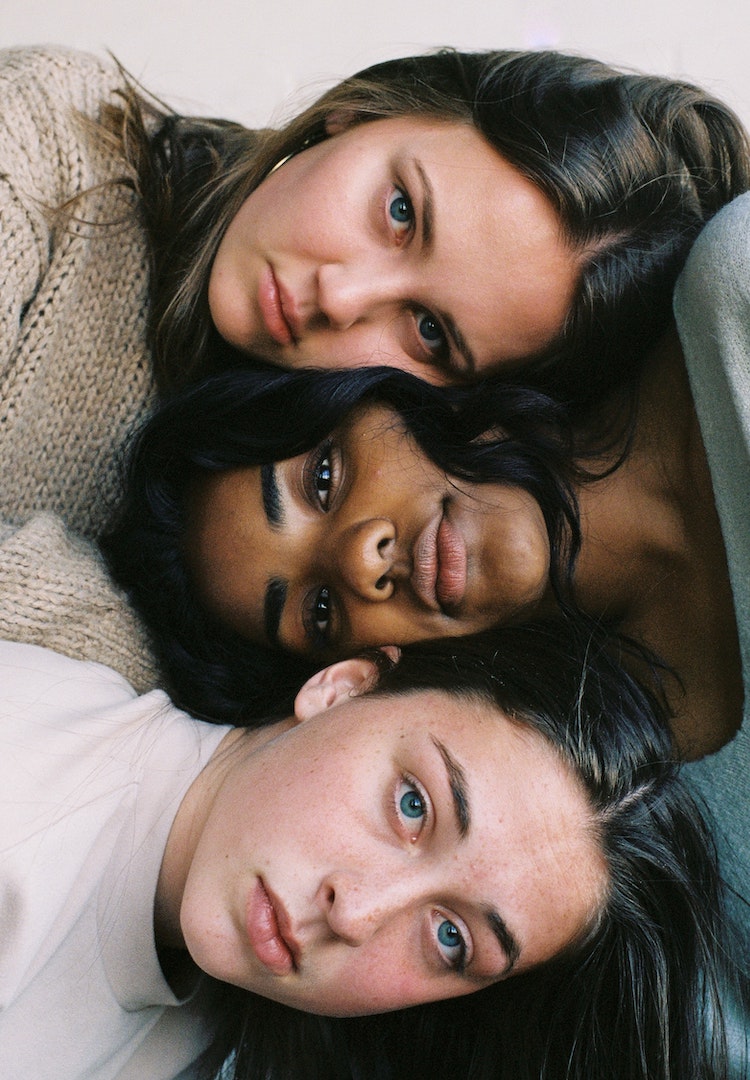The How Two Live sisters discuss their Jewish identity and why they chose not to disclose it to their followers
PHOTOGRAPHY BY Jesper Hede
WORDS BY JESS AND STEF DADON
When #JewishPrivilege began trending on Twitter, these sisters knew they had to speak up.
Editor’s note: Recently, the hashtag #JewishPrivilege began trending on Twitter. The hashtag was originally created by White nationalists who were attempting to spread anti-Semitic conspiracies about Jewish people and their so-called “privilege”, alleging that they control the banks and the media. Soon enough, people from the left began joining in, conflating ‘Jewish privilege’ with ‘White privilege’ and alleging that Jews were either responsible for their own discrimination or didn’t actually face any discrimination.
Appaled at the way the left and right had united in this blatant display of anti-Semitism, Israeli writer and activist Hen Mazzig urged Jews on Twitter to challenge the hashtag by sharing their personal stories of anti-Semitism. Soon, thousands had joined in, including celebrities like Sarah Silverman. But the fact that the hashtag was created at all highlights how rampant anti-Semitism still is around the world today, and that it exists in both right-wing and more progressive pockets of society.
People claiming that all Jews benefit from White privilege erases the identities of millions of Jews of colour around the world, and people suggesting that Jewish people are the oppressors instead of the oppressed erases tragic historical events, like the Holocaust. We asked Jess and Stef Dadon, the sisters behind the How Two Live blog and footwear brand Twoobs, to tell us about their experience seeing the #JewishPrivilege hashtag, and moreover, their experience as Jewish women living in Australia. This is their story.
We were shocked to wake up the other week to find #JewishPrivilege trending on Twitter. Off the back of the recent wave of the Black Lives Matter movement, #WhitePrivilege was, and continues to be, a big part of the conversation.
We were quick to acknowledge the privileges we’ve personally received due to the colour of our skin, and we recorded a podcast episode on the ways that we felt we could be doing better within our purpose-led business.
But when we were asked to write an article sharing our experience as Jews living in Australia, we had two initial thoughts: firstly, our family is going to be so mad if we speak about being Jewish publicly. And secondly, what if another Holocaust happens? Then there’ll be documented proof of us being Jewish.
These thoughts might sound a little extreme if you’re not familiar with Jewish history, but being Jewish this line of thinking is the norm. How suddenly the narrative was being shifted to show the apparent privilege of being Jewish was completely unfathomable, and quite frankly, sickening.
#JewishPrivilege is when my grandparents were violently forced out of Iraq and Tunisia for being Jewish with only the clothes to their back. Along with 850,000 other MENA Jews they arrived to Israel with nothing, only spoke Arabic, and lived in a tent/tin shack for years.
— Hen Mazzig (@HenMazzig) July 12, 2020
When it came to the Black Lives Matter movement, we were posting on our channels, attending the Melbourne protest, and throwing our voices completely behind the cause, but somehow we found ourselves entirely uncomfortable standing up for our own community. You see, being Jewish, hiding your identity has a long and complicated history.
When our grandfather was a teenager, Nazis in his home of Romania began rounding Jews up to kill or deport them to concentration camps, and he luckily managed to escape with his parents by boat, with only the belongings they could carry without appearing suspicious. The boat subsequently sank and they lost everything, leaving them as refugees with nothing.
Feeling the growing anti-Semitism in Europe, our maternal grandmother’s family had the foresight to migrate to Australia in the early 1920s. They later found out our great grandfather’s family who had been left behind were taken from their homes in Poland and shot and killed.
Our father’s family was Moroccan, so while they thankfully escaped the horrors of the Holocaust, in the 1960s when our dad was five years old the family fled by boat as refugees, as there was a growing feeling in Morocco that Jews weren’t welcome, and they feared what was to come.
As Jews, these stories are not an anomaly, they are the norm. Being Jewish and growing up in Australia in the time that we have, we’ve been fortunate enough to not see mass extermination of Jews. But that doesn’t mean we haven’t been on the receiving end of racism and hatred, purely for the fact that we’re Jewish.
When we were in primary school, a girl we were playing interschool sports against drank from our drinking taps, only to exclaim loudly, “This Jewish water tastes like shit!” As we started to date, it wasn’t uncommon to be told: “You’re pretty for a Jewish girl”.
At university when we were making friends, we were hesitant to reveal that we were Jewish, already having grown accustomed to strange responses. “Funny, I’ve never met a Jew before” was a common reply, and we even heard things like, “My grandparents would be so shocked to know I’m hanging out with a Jew”.
Perhaps the most common response to telling someone you’re Jewish is when they respond with, “Funny, you don’t look Jewish”, and you feel their eyes wander over your nose and ears. While the stories of what we’ve experienced seem to pale in comparison to what our parents and grandparents experienced, what hasn’t changed throughout time is the feeling that we’re not free to express who we truly are, without fear of ridicule or hatred, and sadly even violence.
Our dad’s family in France own a store selling traditional Jewish goods, and in 2018 it was ransacked and vandalised. With growing antisemitism in France, most French-Jewish people are now leaving or having to hide their Jewish identities in public.
Security guards outside of our schools and our places of worship are commonplace because of the regular threats received, and we personally have felt overcome with fear on more occasions than we can count when there have been warnings of attacks.
My dad getting the shit kicked out of him everyday at school 4 being a kike to kids in NH throwing pennies at me on the bus to pastors in Florida calling for my death and telling their congregation that knocking my teeth out and killing me would be God’s work. #JewishPrivilege
— Sarah Silverman (@SarahKSilverman) July 12, 2020
Up until recently, we hadn’t shared these stories with a lot of our friends who aren’t Jewish, and they were completely shocked to realise that anti-Semitism was still something that we even have to think about today in Australia.
They couldn’t believe that being Jewish has been the source of so much fear in our lives; that we think twice every time before telling someone that we’re Jewish and that we would rarely mention being Jewish in public, let alone reveal our Jewish identity on our public platforms.
What’s even more shocking is that we hadn’t even stopped to consider that it was crazy that we had been made to feel like we had something to hide. But when we were faced with the #JewishPrivilege hashtag plastered all over Twitter, it was a stark reminder of the importance of sharing these stories with the world, not just within our own community.
If history has taught us anything, it’s not to be complacent. Just because the last 60 or 70 years hasn’t seen mass discrimination and extermination of Jewish people, doesn’t mean that it’s a given that the next 60 to 70 years will look the same.
And in just the same way we speak out when we see other minority groups being treated unjustly, it’s equally important that we speak about our own, no matter how vulnerable or terrified it makes us feel. Education is power, and we share these stories with you not to create pity, but rather to inform, and to encourage you to constantly check your own thoughts and feelings.
If what’s happening right now has taught us anything, it’s that now is not the time to be “othering” each other. It’s a time for compassion, and to realise that no form of racism or discrimination is ever okay. We no longer want to hide, and we no longer want to be made to feel like we have to.

